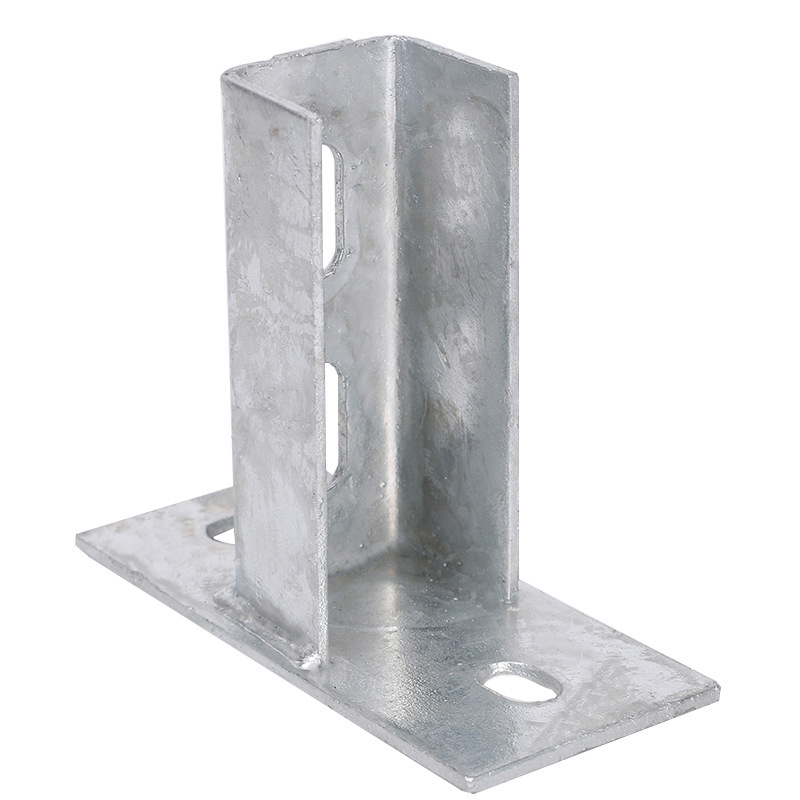

60mm Self-Tapping Screws for Secure and Reliable Fastening Solutions
Nov . 19, 2024 01:31 Back to list
60mm Self-Tapping Screws for Secure and Reliable Fastening Solutions
The Versatility of 60mm Self-Tapping Screws
When it comes to construction and DIY projects, the choice of fasteners is crucial for ensuring the strength and durability of the final result. One of the most popular types of fasteners in the industry is the self-tapping screw, with 60mm variants being particularly favored for their versatility and functionality. This article delves into the features, benefits, and applications of 60mm self-tapping screws, shedding light on why they are a preferred choice among builders and DIY enthusiasts alike.
Understanding Self-Tapping Screws
Self-tapping screws are designed to create their own threaded holes as they are driven into the material. This eliminates the need for pre-drilling, making them an efficient and time-saving option for various applications. The unique sharp point and thread design allow these screws to penetrate different materials—such as wood, metal, and plastic—while forming a secure fit. The 60mm length is particularly advantageous, providing a balance between depth and control when fastening materials together.
Key Features of 60mm Self-Tapping Screws
1. Length and Diameter A 60mm self-tapping screw is long enough to provide excellent grip without being excessively long, which may lead to splitting or damaging the material. Typically, the diameter can vary from small to medium, enabling versatility across different applications.
2. Materials These screws are available in a variety of materials such as stainless steel, carbon steel, and zinc-plated options. The choice of material can affect corrosion resistance, strength, and suitability for outdoor or indoor use.
3. Head Types 60mm self-tapping screws come with different head types, including flat, pan, and hex heads. Each type serves a specific purpose based on aesthetic preference and the requirements of the project.
4. Thread Design The thread design is crucial for the screw's performance. Coarse threads are typically designed for softer materials, while fine threads work better in harder materials.
60mm self tapping screws

Benefits of Using 60mm Self-Tapping Screws
1. Ease of Use One of the primary advantages of self-tapping screws is their ease of use. They can be installed quickly without pre-drilling, making them ideal for fast-paced work environments.
2. Cost-Effectiveness By eliminating the need for additional tools such as drills, self-tapping screws can save both time and money on any project.
3. Strength and Reliability 60mm screws provide ample holding power, making them reliable for various applications, from assembling furniture to constructing frames.
4. Versatile Applications Whether in woodworking, metalworking, or repairs, these screws are adaptable to a multitude of projects. They can be used in constructing decks, installing drywall, attaching hardware, or even in automotive repair.
Applications of 60mm Self-Tapping Screws
The applications of 60mm self-tapping screws are extensive. In construction, they are often used for securing structural components and attaching drywall to metal framing. In woodworking, they can be used for joining wood pieces, creating sturdy and long-lasting connections. In the automotive industry, self-tapping screws can help secure various components in place, ensuring vehicle safety and integrity. Moreover, they are ideal for hobbyists and DIY enthusiasts who require sturdy fasteners for small projects around the home.
Conclusion
In summary, 60mm self-tapping screws are a reliable and effective fastener suited for numerous applications in construction, woodworking, and more. Their ease of use, combined with strength and versatility, makes them a staple in both professional and amateur toolkits. Whether you are working on a large-scale construction project or a small DIY endeavor, incorporating 60mm self-tapping screws can greatly enhance the quality and durability of your work. Choosing the right fastener is essential in achieving successful outcomes, and self-tapping screws undoubtedly meet that need with distinction.
Latest news
-
High-Strength Hot Dip Galvanized Bolts - Hebei Longze | Corrosion Resistance, Customization
NewsJul.30,2025
-
Hot Dip Galvanized Bolts-Hebei Longze|Corrosion Resistance&High Strength
NewsJul.30,2025
-
High-Strength Hot-Dip Galvanized Bolts-Hebei Longze|Corrosion Resistance&High Strength
NewsJul.30,2025
-
Hot Dip Galvanized Bolts-Hebei Longze|Corrosion Resistance&High Strength
NewsJul.30,2025
-
Hot Dip Galvanized Bolts - Hebei Longze | Corrosion Resistance, High Strength
NewsJul.30,2025
-
High-Strength Hot Dip Galvanized Bolts-Hebei Longze|Corrosion Resistance, Grade 8.8
NewsJul.30,2025

